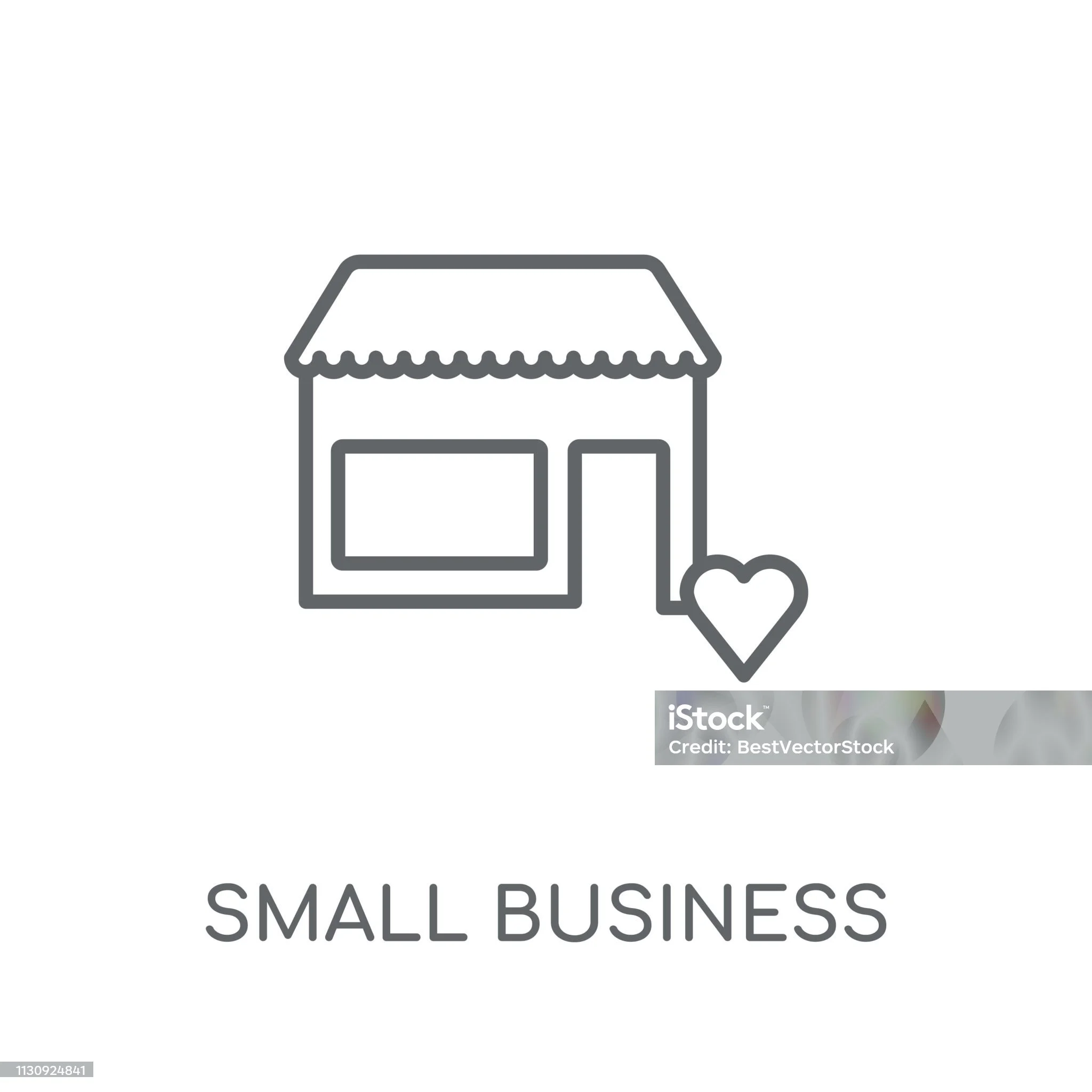As a small business owner, you’re focused on growing your company, serving your customers, and making your entrepreneurial dreams a reality. Small Business Owners: However, along with these daily tasks comes a key responsibility: protecting your business from unexpected risks. This is where business insurance comes into play.
Why Do Small Businesses Need Insurance?
Insurance is essential for protecting your business from financial losses caused by unexpected events. Without proper coverage, your business could be left vulnerable to a range of risks that could put everything you’ve worked for at risk. Whether it’s a customer injury, a lawsuit, or damage to your property, having the right insurance policy can provide peace of mind and safeguard your assets.
Key Types of Insurance for Small Business Owners
Small business owners must carefully evaluate their needs to determine the appropriate types of insurance coverage. The following are the most common types of insurance policies that can help protect your business:
1. General Liability Insurance
General liability insurance is often the first type of coverage that small business owners should invest in. This policy provides protection against common risks, such as:
- Bodily injury: If a customer or visitor is injured on your business premises or by one of your products or services.
- Property damage: If your business operations result in damage to someone else’s property.
- Advertising and personal injury: If you’re sued for defamation, copyright infringement, or false advertising.
General liability insurance can cover legal costs, medical expenses, and settlement fees, helping you avoid financial strain in the event of an accident or lawsuit.
2. Professional Liability Insurance (Errors & Omissions Insurance)
If you provide professional services or advice, professional liability insurance, also known as errors and omissions insurance (E&O), is essential. This policy protects you against claims of negligence, mistakes, or failure to deliver services as promised.
Professional liability insurance can cover legal defense fees, settlements, and judgments, helping protect your business from costly lawsuits.
3. Workers’ Compensation Insurance
Workers’ compensation insurance also protects you from lawsuits related to workplace injuries, ensuring that employees receive the care and compensation they need without placing a financial burden on your business.
Even if you’re a small business with only a few employees, workers’ compensation insurance is crucial to meet legal requirements and protect your team.
4. Commercial Property Insurance
Commercial property insurance protects your business property, including buildings, equipment, inventory, and furniture, against risks like fire, theft, vandalism, and natural disasters. If your business relies on physical assets to operate, this type of insurance is a must-have.
5. Business Interruption Insurance
Business interruption insurance (also known as business income insurance) provides coverage for lost income if your business is unable to operate due to a covered event, such as a natural disaster or fire.
This type of coverage is especially important for businesses that rely on physical locations or have long supply chains.
6. Commercial Auto Insurance
If your business uses vehicles for deliveries, transporting goods, or other business-related purposes, commercial auto insurance is essential. This policy covers accidents, vehicle damage, and liability for accidents involving business-owned vehicles.
7. Cyber Liability Insurance
In today’s digital age, cybersecurity threats are a significant concern for businesses of all sizes. Cyber liability insurance helps protect your business from financial loss in the event of a data breach, hacking, or cyberattack. It covers expenses related to data recovery, legal fees, and the costs of notifying affected customers.
If your business stores sensitive customer information, such as credit card data or personal details, cyber liability insurance is crucial for safeguarding against the growing threat of cybercrime.
How to Determine Your Insurance Needs
Determining the right insurance coverage for your business depends on several factors, including:
- The nature of your business: Different industries have varying risks, and some types of coverage may be more relevant to your business than others. For example, a tech startup may need cyber liability insurance, while a restaurant will prioritize general liability and workers’ compensation.
- The size of your business: Larger businesses or those with multiple employees may need additional coverage beyond the basics, such as umbrella insurance or group health insurance for employees.
- State and legal requirements: Make sure to familiarize yourself with local regulations to stay compliant.
- Your budget: While insurance is a crucial investment, it’s essential to find coverage that fits within your business’s budget.
Why Insurance is Essential for Small Business Owners
For small business owners, having the right insurance coverage is a critical step toward long-term success. Without insurance, your business could face devastating financial consequences in the event of an accident, lawsuit, or unforeseen disaster.
By investing in insurance, you protect not only your business but also your employees, clients, and future growth. Insurance allows you to focus on running your business, knowing that you have financial protection in place in case of unexpected events.
Final Thoughts
Insurance for small business owners is more than just an expense—it’s a necessary investment in the future and stability of your business.Work with an experienced insurance agent to assess your specific needs and get the coverage that’s right for your business.
